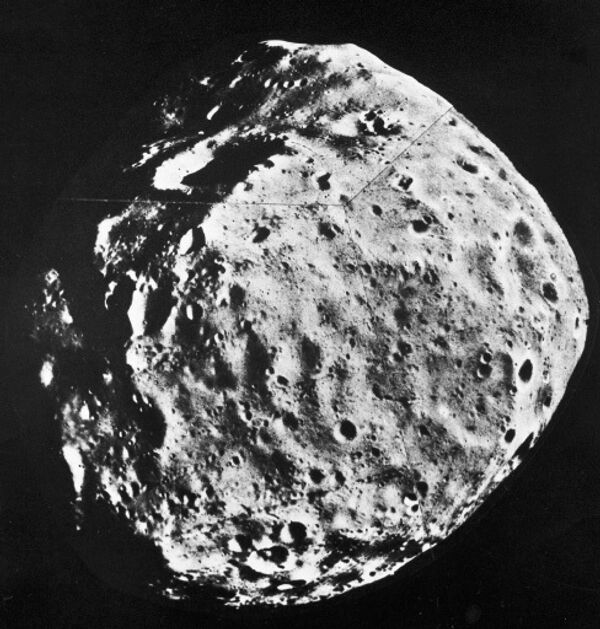Russia’s ambitious mission to bring back soil samples from the Martian moon Phobos will pave the way for the exploration of the Red Planet, a scientist said on Tuesday.
The launch of the Phobos-Grunt mission, Russia’s first foray in deep space since losing a $300-million Mars-bound lander in 1996, is scheduled for 20:16 GMT on Tuesday.
Lev Zelyony, head of the Institute of Space Studies and a senior researcher at Russia’s Science Academy, said it could help shed light on some of mankind’s most enduring mysteries, including the genesis of the solar system.
The $163-million mission, Zelyony said, “will provide clues as to the genesis of Phobos and Deimos [its sibling moon] as well as other planets in the solar system.”
“While studying the soil of Phobos, we’re expecting to proceed in the future to the study of the substance of Mars itself,” he said.
In 1996, Russia’s Mars 96 Orbiter suffered an engine failure after launch, reentered the Earth’s atmosphere and crashed in the Pacific Ocean.
Russia’s “foreign partners,” including Germany, France and Sweden, financed up to 30 percent of the Phobos project, Zelyony said.
Some of the lander’s scientific devices were developed jointly with other countries, he added.
A number of international working groups on this project are also being set up, Zelyony said.
Last week, Russia brought to a successful end an experiment to simulate a return trip to Mars.
Six volunteers were locked away for 520 days from sunshine and loved ones in a cramped capsule in a Moscow car park, in an experiment that was intended to find out how human beings could cope with long-duration spaceflights.

